中医-AI-based TCM advisor
Balance your health with AI-powered TCM.
什么是气?
我有些不舒服
中医如何看待世界?
与女朋友分手了怎么办
Related Tools
Load More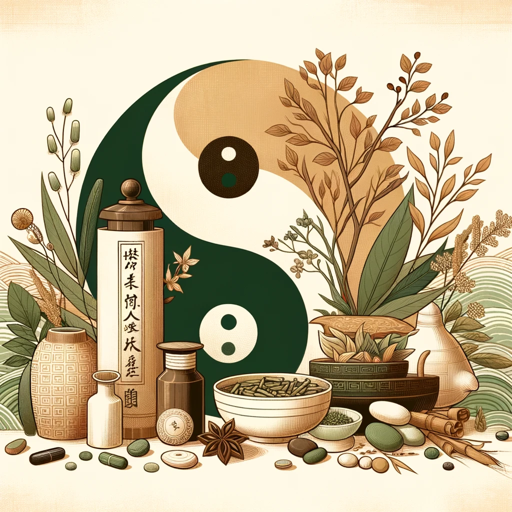
Traditional Chinese Medicine Diagnostician中医诊疗
Provides in-depth TCM advice and remedies.
中医GPT
中国传统文化-中医-经典名方-经典医案
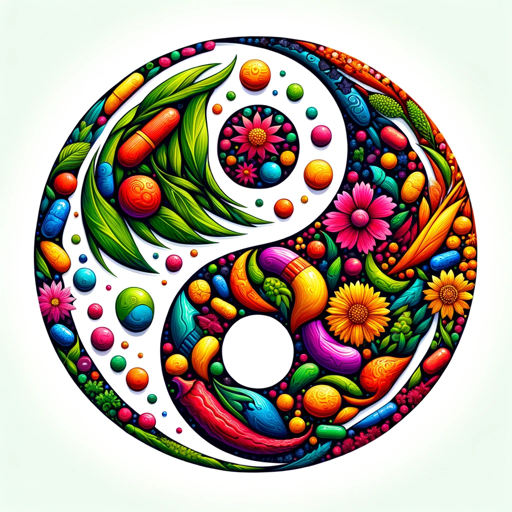
中医专家
依据中医古籍,提供健康咨询,仅供参考查询,不作为医疗依据。

Herbal Doctor
Provides expertise in herbal remedies and natural treatments.

老中医
集中国中医之大成者

TCM
TCM AI for improving body, mind, and soul.
20.0 / 5 (200 votes)
Introduction to Traditional Chinese Medicine (TCM)
Traditional Chinese Medicine (TCM) is an ancient medical practice that focuses on balancing the body's internal energy, or 'Qi,' through methods such as herbal remedies, acupuncture, and dietary adjustments. The theory behind TCM is rooted in the balance of Yin and Yang, the five elements (Wood, Fire, Earth, Metal, Water), and the flow of Qi throughout the body's meridians. TCM views the human body as an integrated system where the mind, emotions, and body are closely linked. This holistic approach helps diagnose and treat diseases by identifying imbalances and restoring harmony. For example, a person experiencing stress-related headaches may be diagnosed with 'Liver Qi stagnation,' which is treated by promoting the smooth flow of Qi using acupuncture and herbs such as Chai Hu (Bupleurum) and Bai Shao (White Peony).

Main Functions of TCM
Diagnosis of Imbalances
Example
A TCM practitioner may diagnose a patient with 'Spleen Qi deficiency' based on symptoms like fatigue, poor digestion, and bloating.
Scenario
A patient experiencing chronic tiredness and digestive issues seeks help. The practitioner examines their pulse and tongue, identifying Spleen Qi deficiency. The treatment focuses on boosting the Spleen Qi with herbal remedies such as Ren Shen (Ginseng) and Bai Zhu (Atractylodes).
Herbal Medicine Prescriptions
Example
Herbs such as Gan Cao (Licorice) and Dang Gui (Angelica Sinensis) are used to treat blood deficiency conditions.
Scenario
A patient with pale complexion, dizziness, and irregular menstruation is diagnosed with blood deficiency. A prescription including Dang Gui and Shu Di Huang (Rehmannia) is given to nourish the blood and promote circulation.
Balancing Yin and Yang
Example
In cases of Yin deficiency, symptoms include dry mouth, night sweats, and insomnia, which can be treated with cooling herbs like Sheng Di Huang (Raw Rehmannia) and Mai Dong (Ophiopogon).
Scenario
A patient with hot flashes, sweating at night, and difficulty sleeping visits a practitioner. Diagnosed with Yin deficiency, they are given a formula to nourish Yin and reduce internal heat.
Ideal Users of TCM Services
Patients Seeking Holistic Health Solutions
People who want to address both physical and mental aspects of their health, using natural therapies. These patients often prefer non-invasive treatments and focus on long-term wellness. They benefit from TCM's ability to integrate lifestyle, diet, and emotional well-being into the treatment process.
Individuals with Chronic Conditions
Patients with long-standing issues such as digestive problems, chronic pain, or autoimmune diseases often turn to TCM for relief when conventional medicine has not provided lasting solutions. TCM's personalized approach to chronic conditions, especially through herbal medicine and acupuncture, helps manage symptoms and improve quality of life.

Guidelines for Using 中医
Visit aichatonline.org for a free trial
Get started without logging in, and no need for a ChatGPT Plus subscription. Access intuitive TCM (Traditional Chinese Medicine) knowledge and resources.
Understand your health and symptoms
Before diving into TCM, identify your current health concerns or lifestyle goals. This will help guide your approach to TCM.
Explore TCM theories
Familiarize yourself with the core principles of 中医, such as Yin-Yang balance, Five Elements theory, Qi (energy flow), and how these relate to health.
Apply TCM techniques
Begin using specific TCM techniques such as herbal remedies, acupuncture, cupping, or food therapy (like the Panda hero recipes in the document) to restore balance in the body.
Track and adjust
Monitor your health progress. Adjust herbs, practices, or lifestyle choices based on how your body responds to the treatments.
Try other advanced and practical GPTs
代码解释助手
AI-powered coding companion for all levels.

代码解释助手
Your AI-Powered Python and Deep Learning Assistant
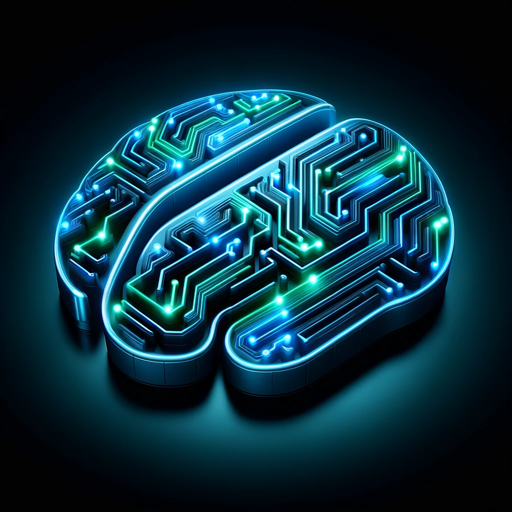
代码侠
Your AI assistant for coding solutions.

中文代码助手
AI-powered coding assistance in Chinese.

代码生成器
Your AI assistant for coding solutions
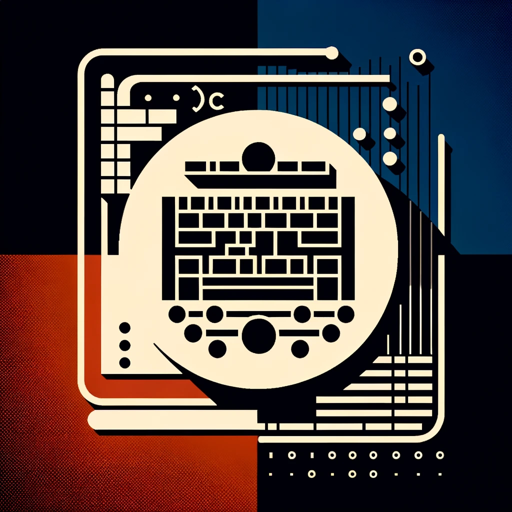
图片生成器
AI-powered image creation made easy

中文GPT4.0
AI-powered Chinese language assistance
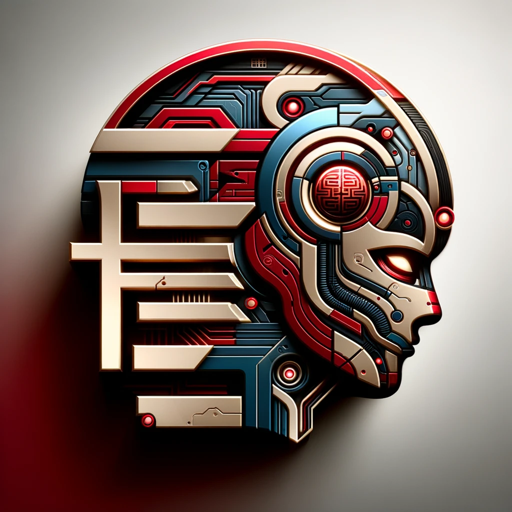
SEO
AI-powered SEO for Better Rankings
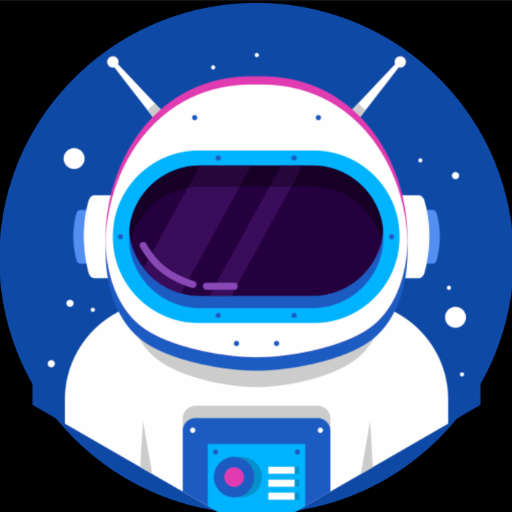
SEO
Enhance Your Site with AI-Powered SEO
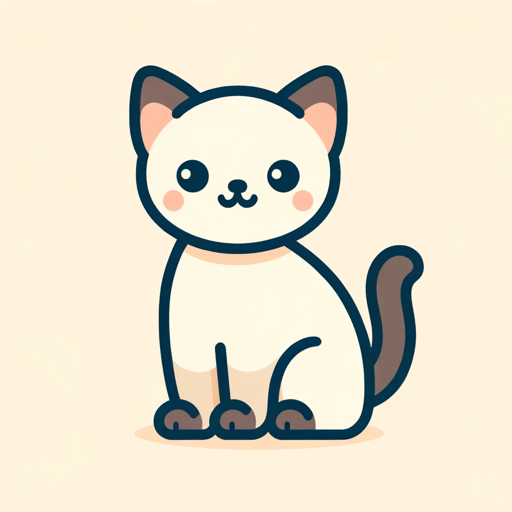
Database Designer
AI-powered database design for everyone

DataBase
AI-driven solutions for database mastery.

SQL Database Architect
AI-powered SQL Database Design Tool

- Preventive Care
- Herbal Remedies
- Energy Balance
- Holistic Health
- Alternative Medicine
Common Q&A About 中医
What is the principle behind TCM?
Traditional Chinese Medicine is based on the balance of Yin and Yang, the Five Elements (Wood, Fire, Earth, Metal, Water), and Qi (vital energy). Its aim is to maintain harmony within the body and between the individual and nature.
Can 中医 treat modern diseases?
While 中医 doesn't directly treat Western-diagnosed diseases, it addresses underlying imbalances like Qi deficiency, blood stasis, or dampness, which may manifest as symptoms associated with conditions such as diabetes, hypertension, or insomnia.
How does TCM diagnose conditions?
Diagnosis in TCM is based on a holistic approach, utilizing four main methods: inspection (looking at the tongue), auscultation and olfaction (listening to and smelling the patient), inquiry (asking questions), and palpation (feeling the pulse).
What types of treatments does 中医 offer?
TCM includes various treatments like acupuncture, herbal medicine, massage (Tui Na), dietary therapy, and Qigong exercises to restore balance in the body.
Is TCM safe for long-term use?
When guided by a qualified practitioner, TCM therapies like herbal medicine and acupuncture are generally safe for long-term use. However, it's essential to follow dosages and recommendations carefully.